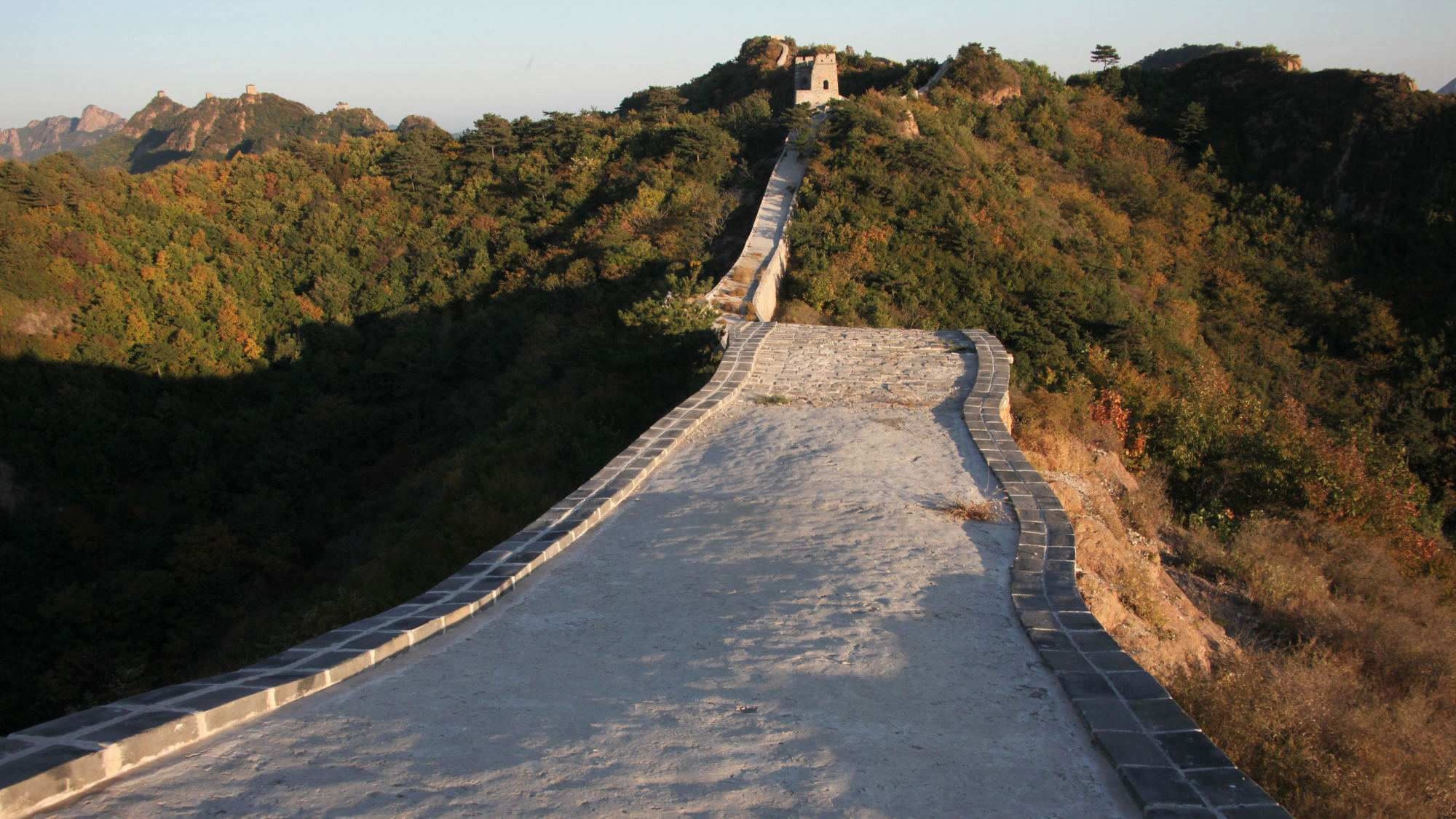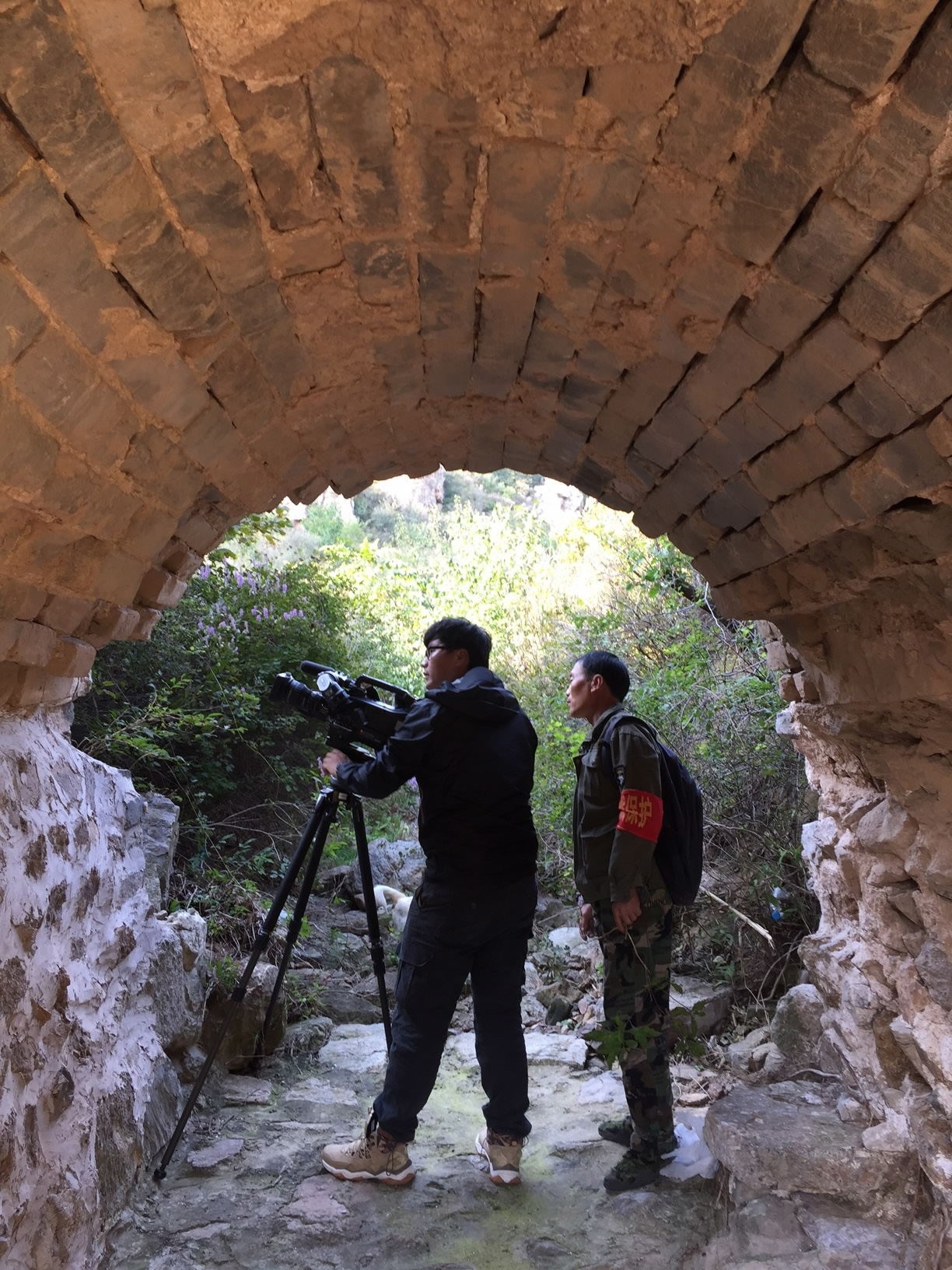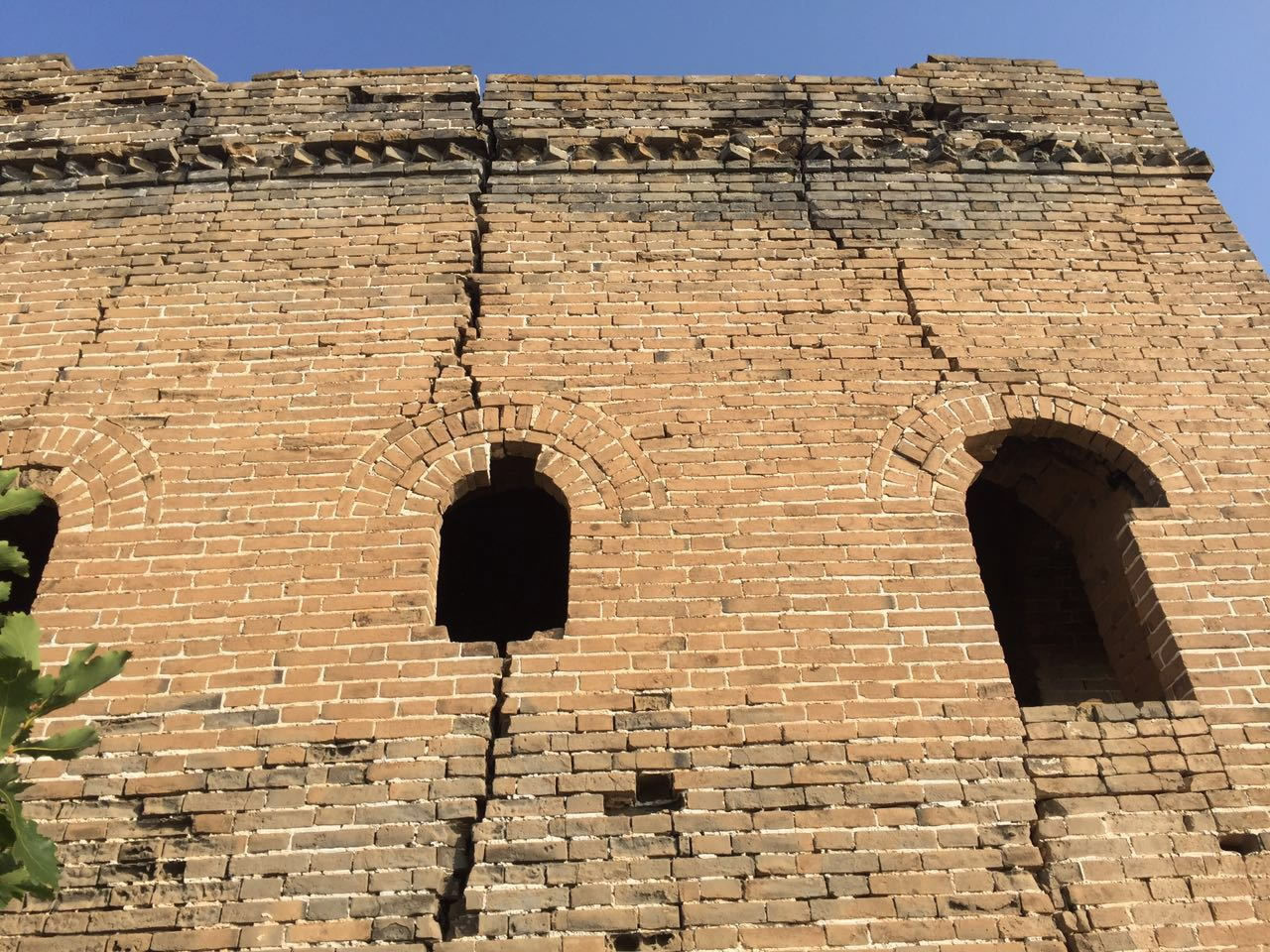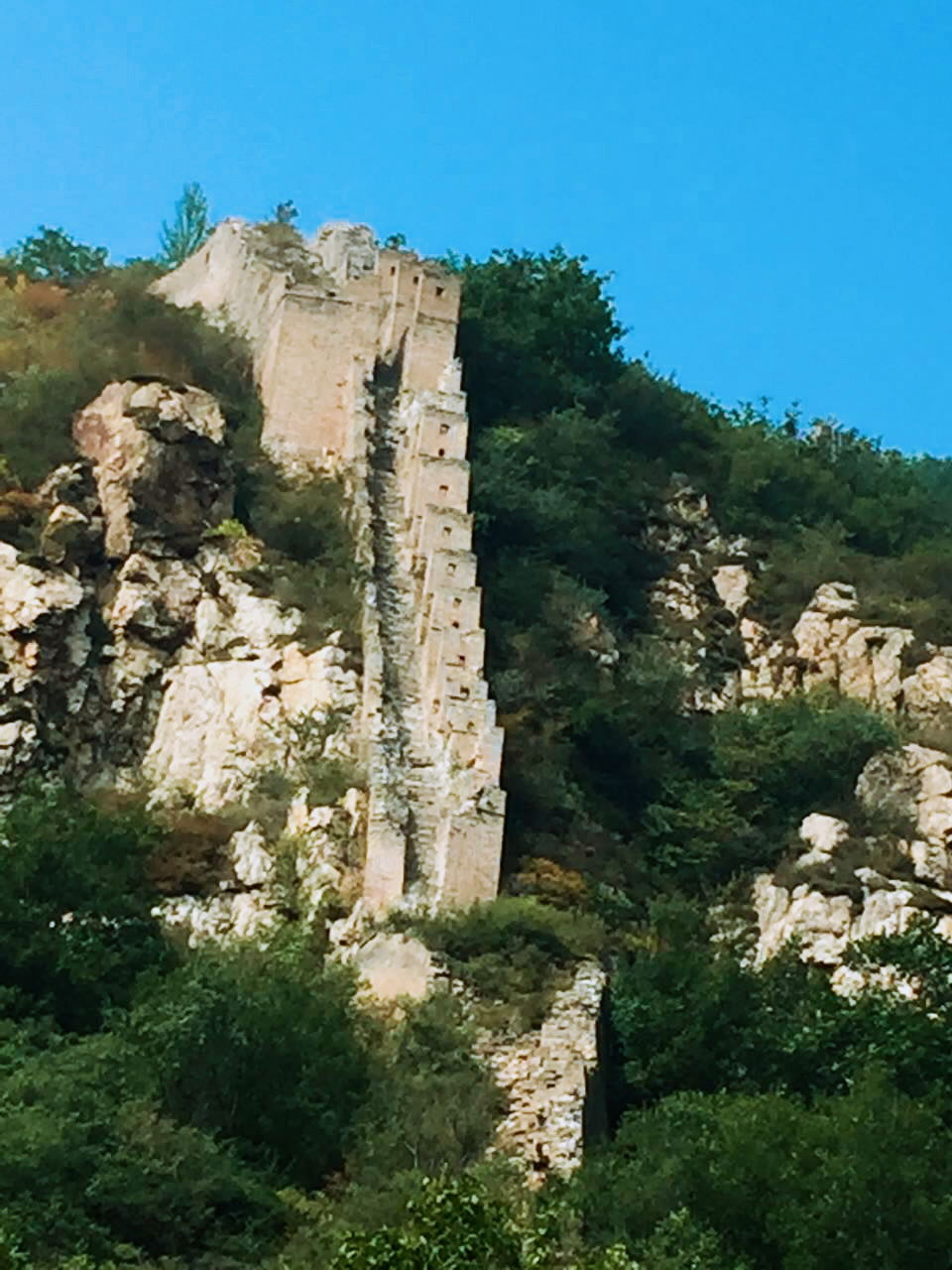
China
16:00, 14-Jan-2017
Is China losing the Great Wall?
Updated
10:34, 28-Jun-2018

By CGTN’s Han Peng
China's Great Wall Society says over 90 percent of the landmark has either disappeared or is under threat of disappearing, citing both natural erosion and damage caused by human activity.
Recently, photos of an unprofessional attempt at restoring a section of the Great Wall caused an outcry online.
It was an effort by local authorities in northeastern Liaoning Province to restore parts of the Great Wall. It had fallen into disrepair, but the restoration work saw a 700-year-old "wild" stretch of China's Great Wall covered in a smooth, white trail of cement. Chinese internet users slammed the repair job, saying "the most beautiful, wild Great Wall has been flattened".
But while it's easy to condemn, the harder question is: Is there a professional but at the same time affordable way of preserving the Great Wall, which stretches for thousands of kilometers in 15 provinces from China's eastern coast to its western Gobi desert?
Last year, I visited a section of the Great Wall near Beijing.
Bai Chunxiang is a local farmer I met there. He lives in the northern outskirts of Beijing.
The section near his village is the so-called "wild Great Wall" – meaning it has been neither preserved nor developed into a tourist site.

Photographer holds the camera filming the scene outside the Great Wall/ CGTN Photo
Photographer holds the camera filming the scene outside the Great Wall/ CGTN Photo
Most sections of the Great Wall today are "wild".
But it was not until a decade ago that Bai and his neighbors began to realize the UNESCO cultural heritage site was right on his doorstep.
“Back then, I found many of my neighbors were digging herbs or catching scorpions on the Great Wall," Bai told me, "Some were even herding here. That caused a lot of damage to the already-broken structure."
He says he tried to stop the villagers whenever he saw them, and dropped into their homes with some fruit and vegetables, trying to convince them to stop. That made him quite unpopular with some neighbors.
Bai says the hostility lasted until 2010, when local authorities started to hire him as a Great Wall protector.
Although the salary was a just modest 1,000 US dollars a year, Bai says he is glad that he now has an official position to stop villagers from damaging the wall.
But the biggest damage to the wall is caused by nature.
In 2012, a torrential flood eroded the foundations of one of the very few existing waterways of the Great Wall. Bai brought in some cement, and risked his life under the collapsing cave to fortify the foundations.

Cracked bricks of the Great Wall / CGTN Photo
Cracked bricks of the Great Wall / CGTN Photo
His work prevented collapse, but caused controversy online. Some criticized him for damaging the original structure. Others said it was unwise for the government to leave the protection of such an important architecture to unqualified farmers.
For recent repair projects, Beijing authorities have invested 60 million US dollars to prevent a 50-kilometer section near the city from collapsing. That's a million dollars per kilometer. But the Great Wall is still 20,000 kilometers long.
Bai is responsible for one kilometer, near his home.
Without funding and professional renovation, the wild Great Wall, most of which is regarded as a world heritage site by UNESCO, is left to the mercy of natural erosion and, from time to time, damage from human activities.
Back in 2006, China banned tours to the "wild Great Wall". But today, many backpackers still choose to go for a hike, because they think such sections are quieter, more authentic and more adventurous than developed tourist sites.

A scenario of debris along the Great Wall/ CGTN Photo
A scenario of debris along the Great Wall/ CGTN Photo
Last July, this video caused an online outcry. It shows a man appearing to be deliberately destroying a section of the Wild Great Wall in Zhangjiakou, a city near Beijing.
He later turned himself in to the police and was detained for ten days. But similar damage may happen somewhere else, and considering the remoteness of the area, it's very difficult for police to stop all illegal behavior.
Some local authorities have to rely on people like Bai Chunxiang to keep an eye on a section near their homes. But it's hard to guarantee that every Great Wall protector is professional and responsible enough to carry out the work.
I came back from the visit with mixed feelings. The Great Wall protected China for centuries, but now, it's in urgent need of its own protection. Even as you read this article, the Great Wall may continue to disappear.
7km

SITEMAP
Copyright © 2018 CGTN. Beijing ICP prepared NO.16065310-3
Copyright © 2018 CGTN. Beijing ICP prepared NO.16065310-3